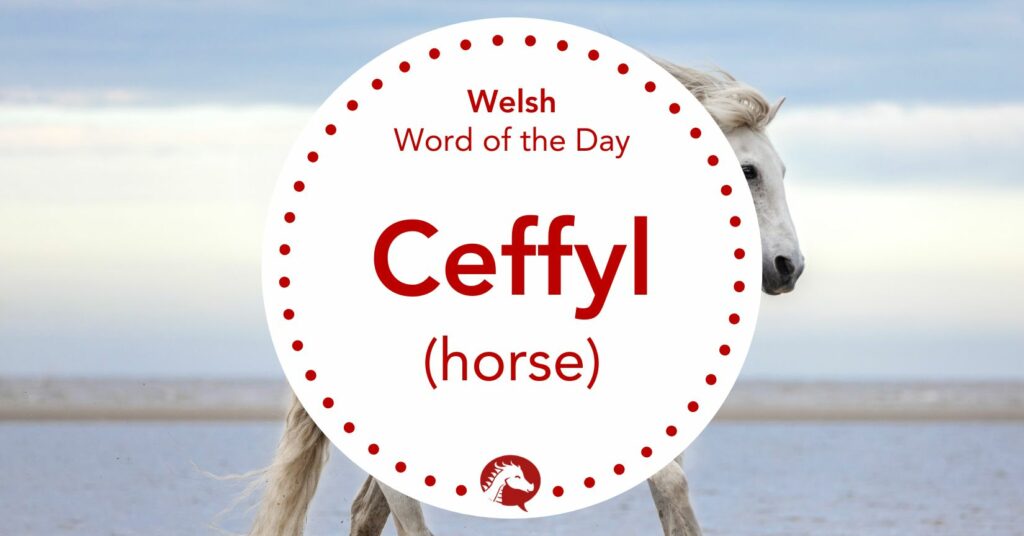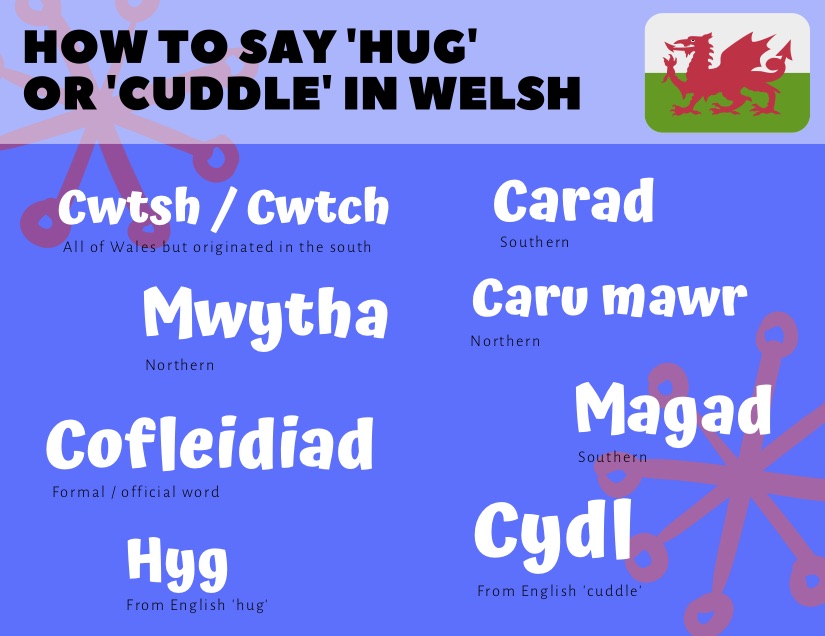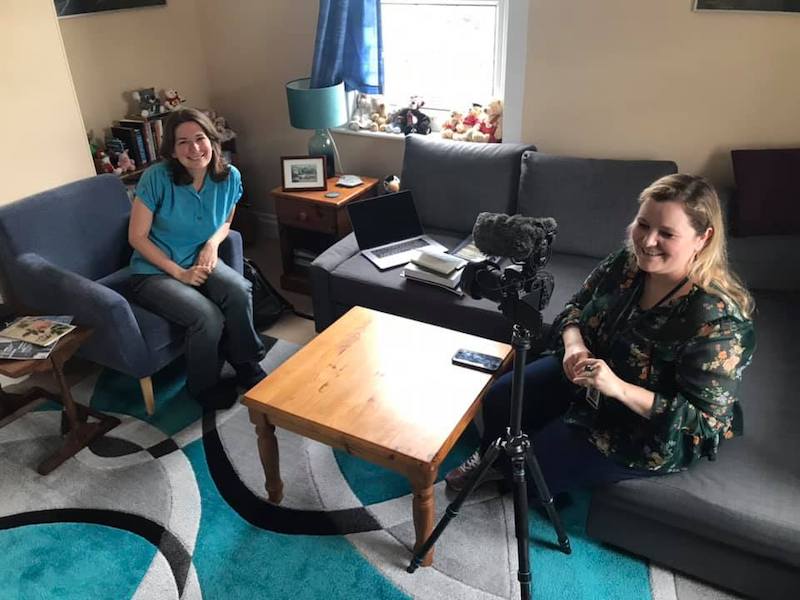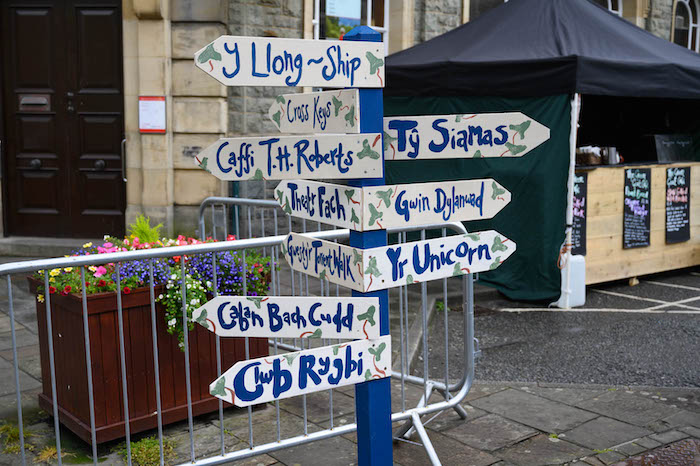During the decade that I lived in Turin, I never imagined that years later, after settling in Wales, I would be co-hosting a ‘Shwmae Su’mae Day‘ in that very same city with an Italian woman who is studying Welsh!
About The Author
Heather is passionate about everything language-related. Born and raised in Toronto, Canada, she holds a TEFL certification from Aberystwyth University and a Bachelor's degree in Linguistics from the University of Western Ontario. Along with her native English, she speaks Italian, Welsh, and a smattering of Japanese and French.
The Welsh Word for “Horse” – “Ceffyl”
Few animals have had such a great impact on British civilisation as the humble horse. The domestication of horses began in Britain by the 25th century BC and over the years, they have been used for warfare, agriculture and transportation. Today horses are kept mostly for recreational purposes but they remain a much-loved animal across the British Isles and the world.

How to say “It’s raining” in Welsh
If there is one thing Wales is famous for – besides rugby, sheep and Tom Jones of course – it is the copious amounts of rain it receives throughout the year. It’s therefore no wonder that there are numerous ways to talk about the rain in the Welsh language! 🌧️ The standard way to say …
Sgwrs efo Meilir Rhys Williams, un o sêr y ddrama Rownd a Rownd

Mae Meilir Rhys Williams yn chwarae Rhys yn y gyfres ddrama, Rownd a Rownd, sy’n cael ei darlledu ar S4C bob nos Fawrth a nos Iau am 6.30 p.m. Cawsom gyfle i gael sgwrs â fo am ei yrfa actio a bywyd tu ôl i lenni Rownd a Rownd!
Meilir Rhys Williams plays Rhys in the drama Rownd a Rownd, which is broadcast on S4C every Tuesday and Thursday evening at 6:30 p.m. We had a chance to talk to him about his acting career and life behind the scenes of Rownd a Rownd!
For learners: Below each paragraph is a list of useful vocabulary that should help you read the interview without having to look up words in your dictionary every two seconds! 😉
5 Great Ways to Encourage People to Speak to You in Welsh
One of the hardest things for Welsh learners is drumming up the confidence to persuade native speakers to speak to them in Welsh. Why? Because all people are naturally preconditioned to take the so-called “path of least resistance” in life. Just as it is easier to veg out in front of the television than to …
My Favourite Welsh Tongue Twisters – Cylymau Tafod Cymraeg
A tongue twister is a sequence of similar-sounding words whose repeated pronunciation is challenging even for native speakers. They exist in all languages and are a fantastic way of improving your pronunciation, even though most of them don’t make a lot of sense! If you’re up for a challenge and aren’t afraid of your tongue …
How to say “hug” or “cuddle” in Welsh

There is a popular saying in Wales: “Anyone can cuddle but only the Welsh can cwtsh!”
‘Cwtsh’ – or cwtch / cwts / cwtsi as it is alternatively spelt – can be loosely translated as “hug” or “cuddle” in English and is pronounced like the word “butch”. It is so popular that the Welsh sometimes use it even when they are speaking in English!
My Interview with S4C Dysgu Cymraeg!

Last week, I had the amazing experience of being interviewed by S4C Dysgu Cymraeg, S4C’s brand new service for language learners. (If you’ve never heard of S4C, it’s Britain’s only Welsh language television channel and it’s definitely worth watching if you want exposure to all varieties of Welsh!)
A Day at Sesiwn Fawr Dolgellau 2019

Sesiwn Fawr is one of the most popular music festivals in Wales, attracting thousands of people each year to the historic town of Dolgellau where it has been held since its humble beginnings in 1992.
15 Welsh Words That Resemble French (But Come From Latin!)
If you speak or have ever studied French, you will surely have noticed the many lexical similarities it shares with Welsh. I can remember visiting Wales for the first time as an adult and being in disbelief at how much I could already pick out from the street signs, all thanks to my high school …





